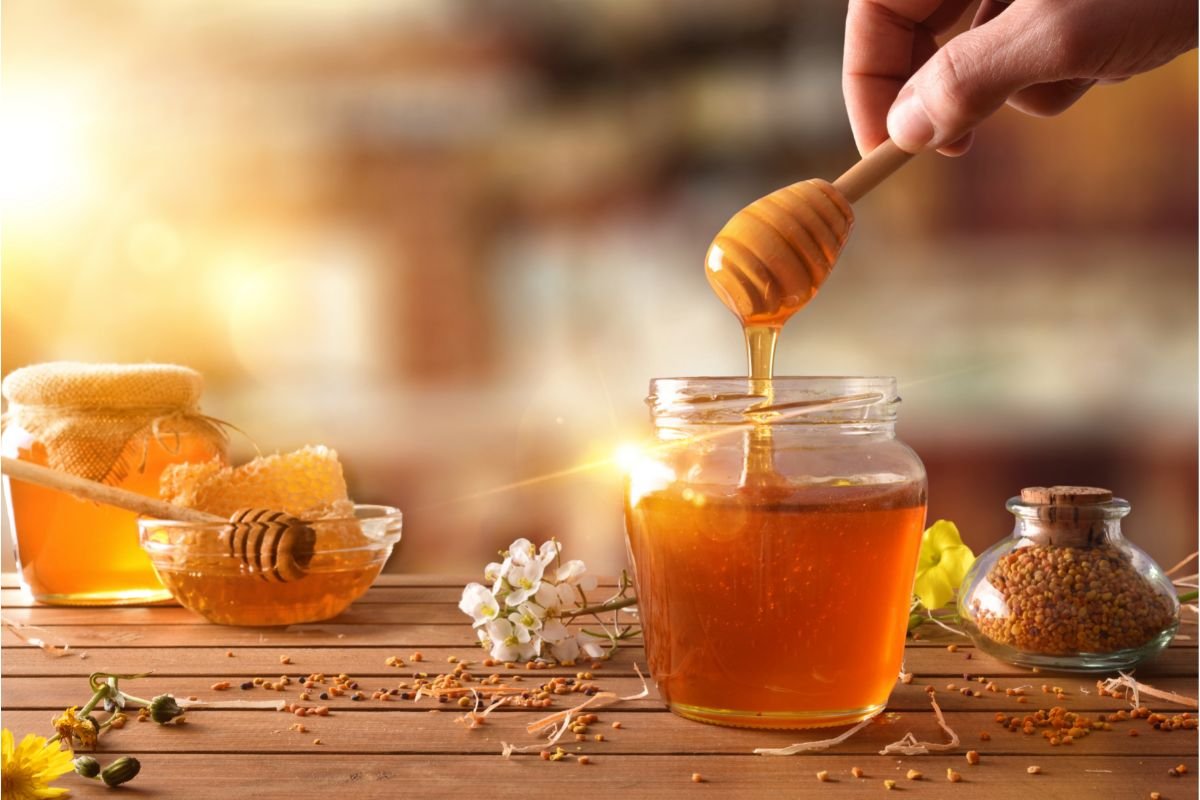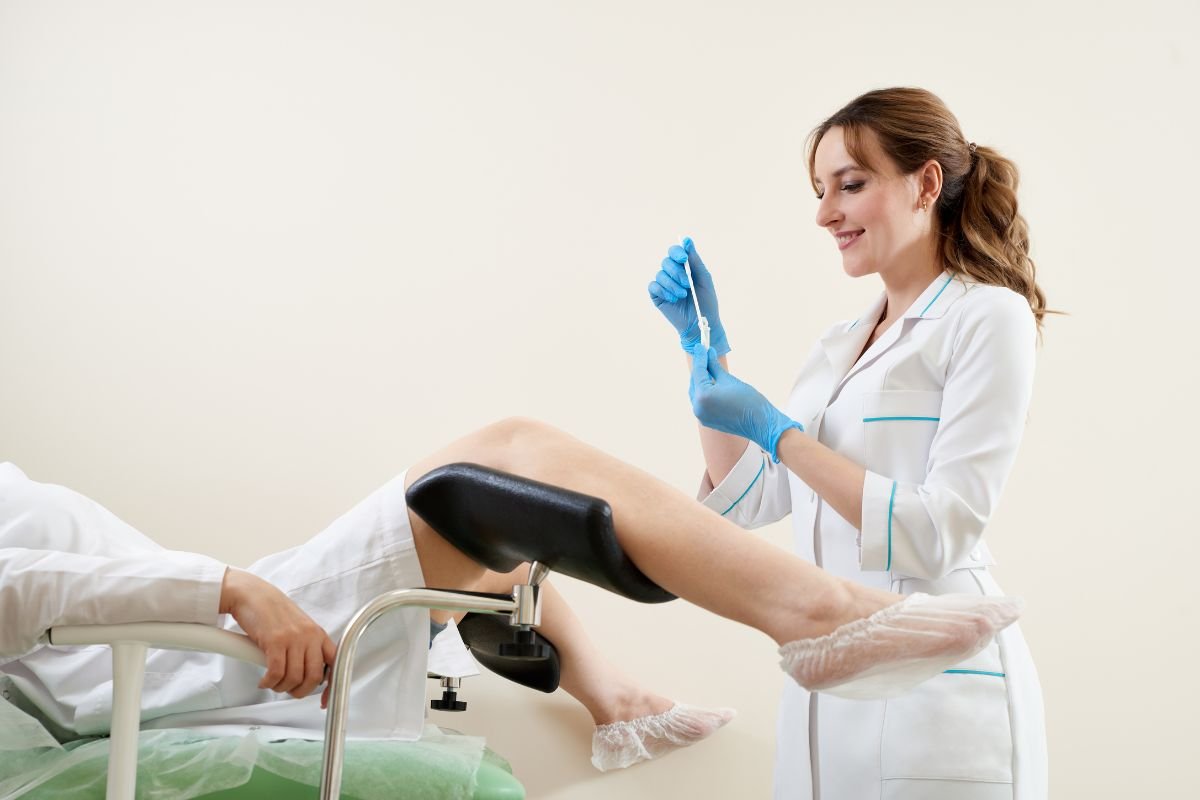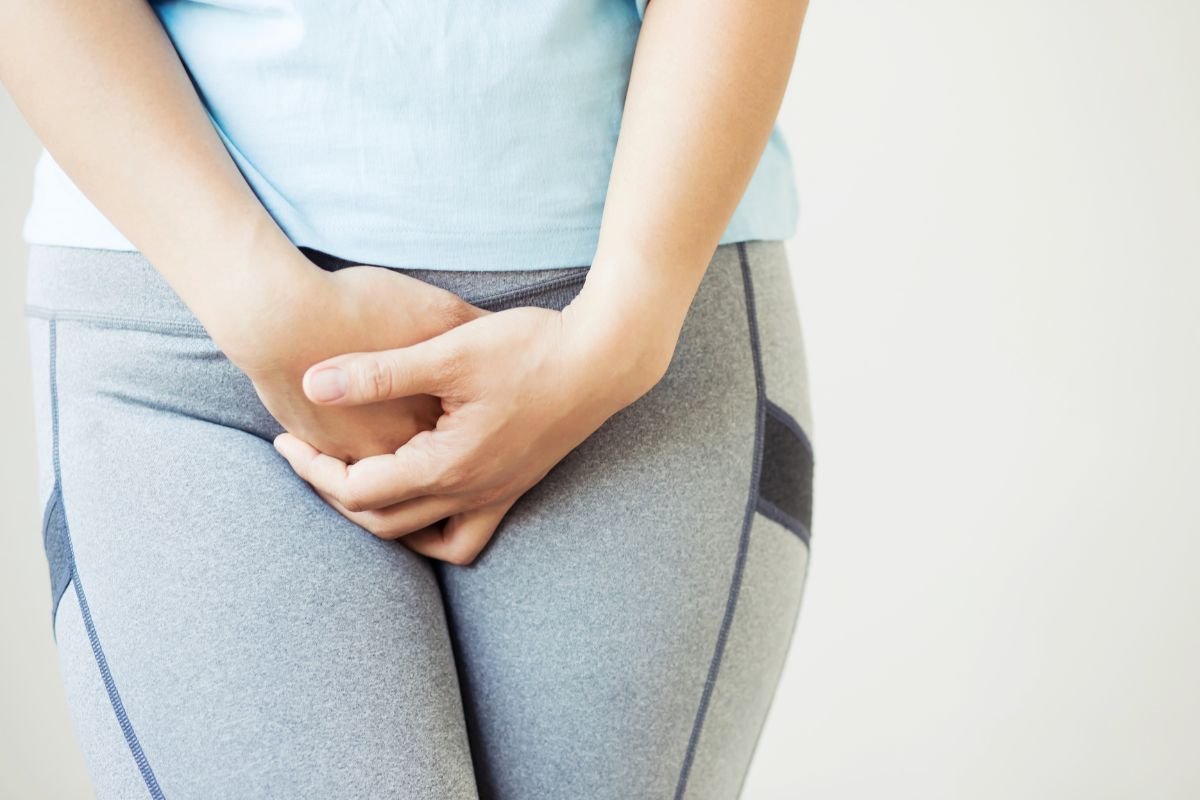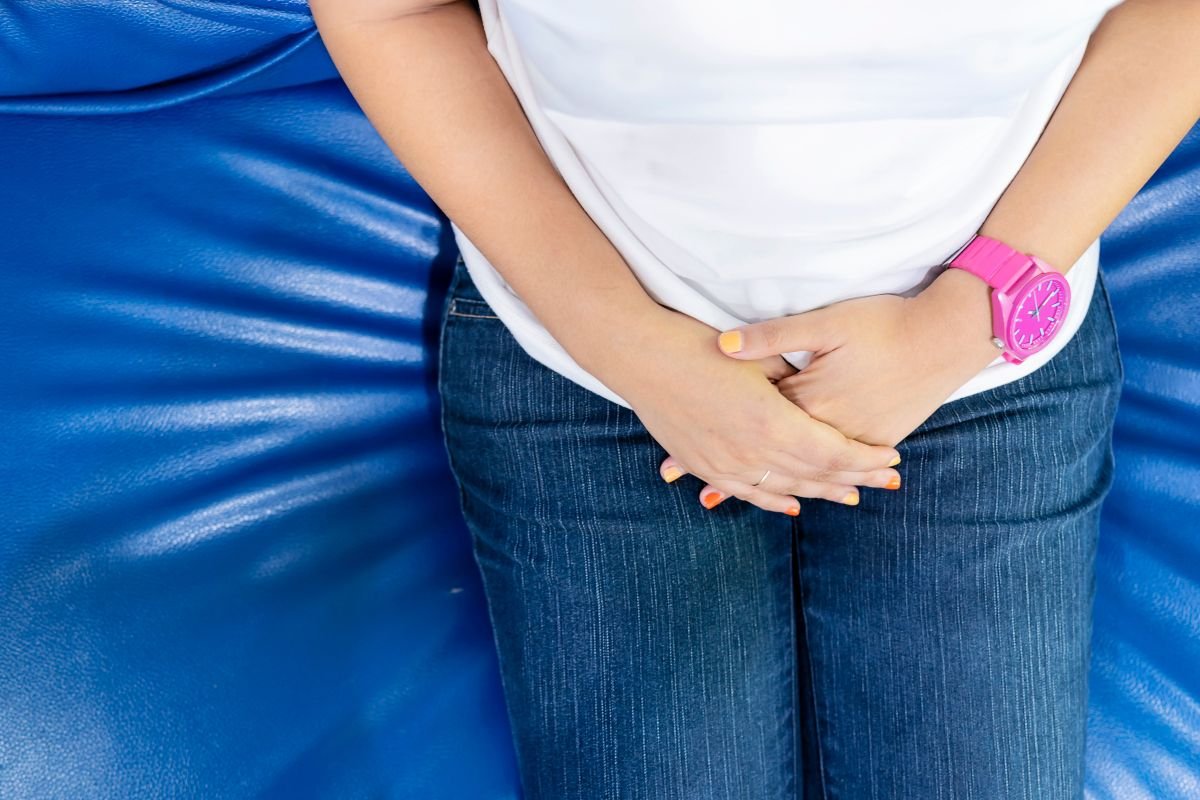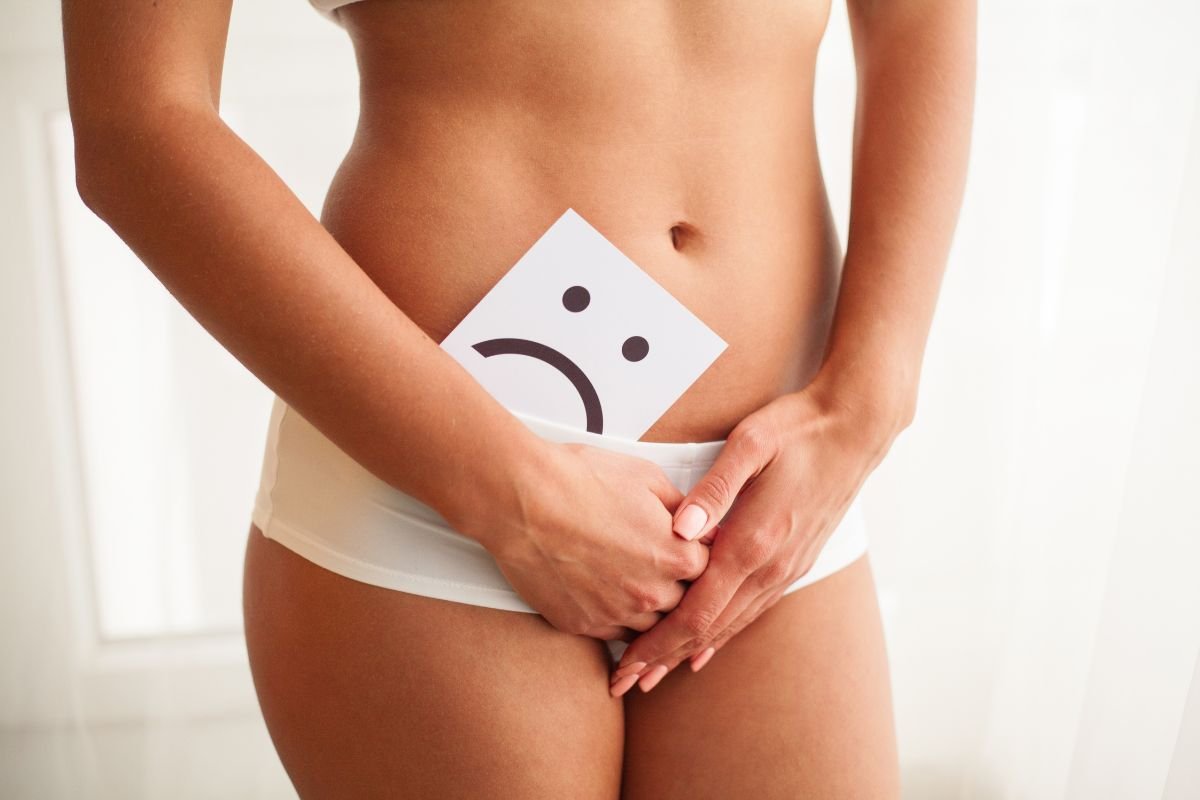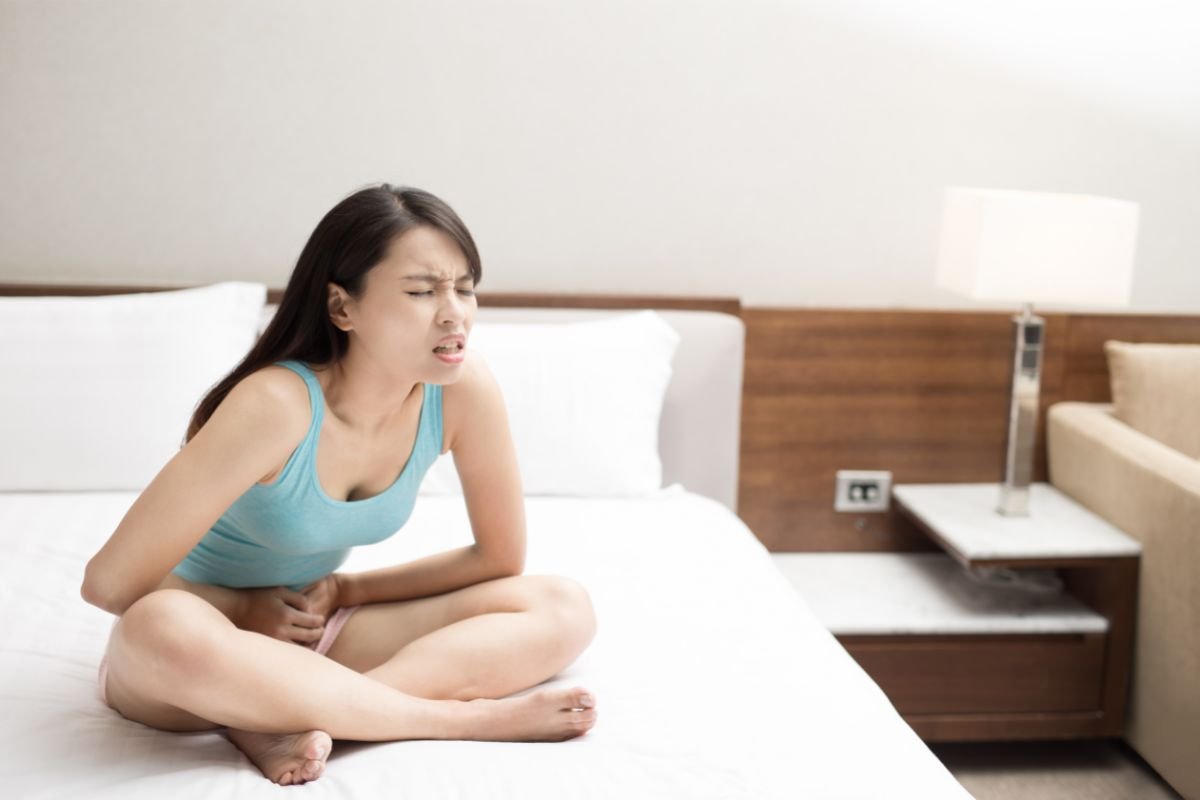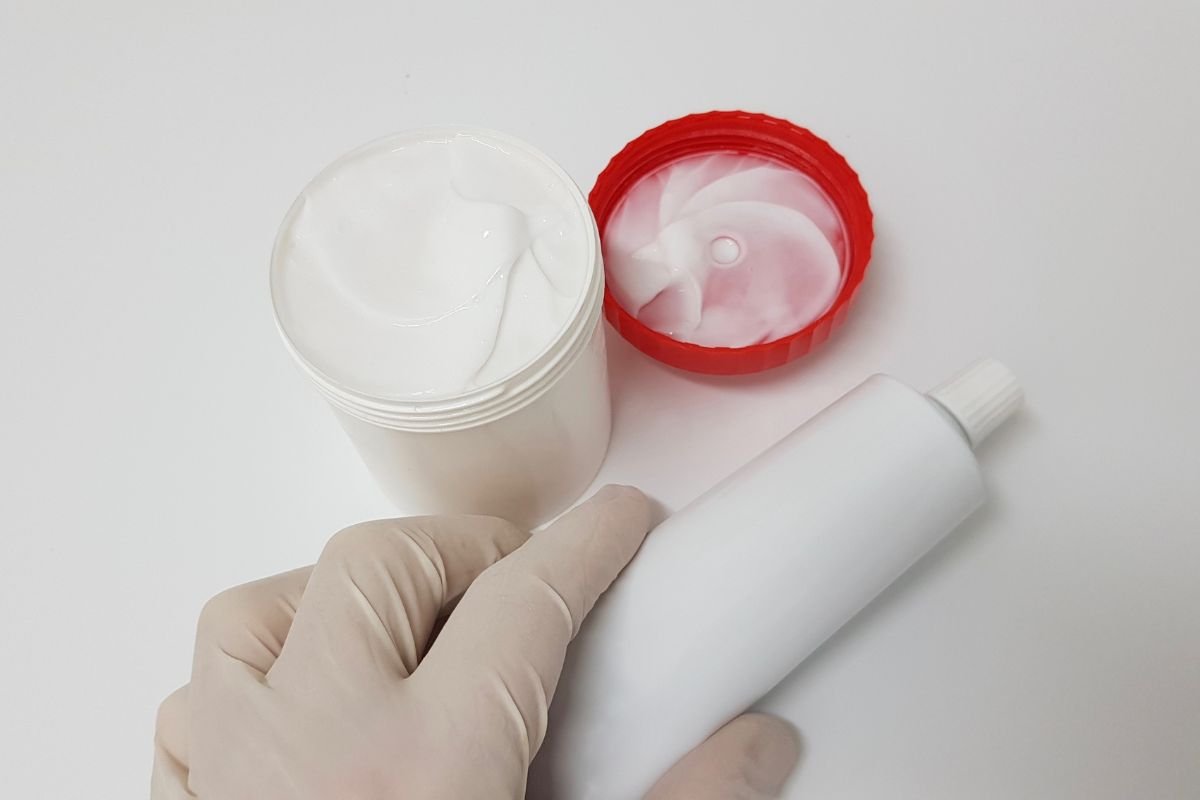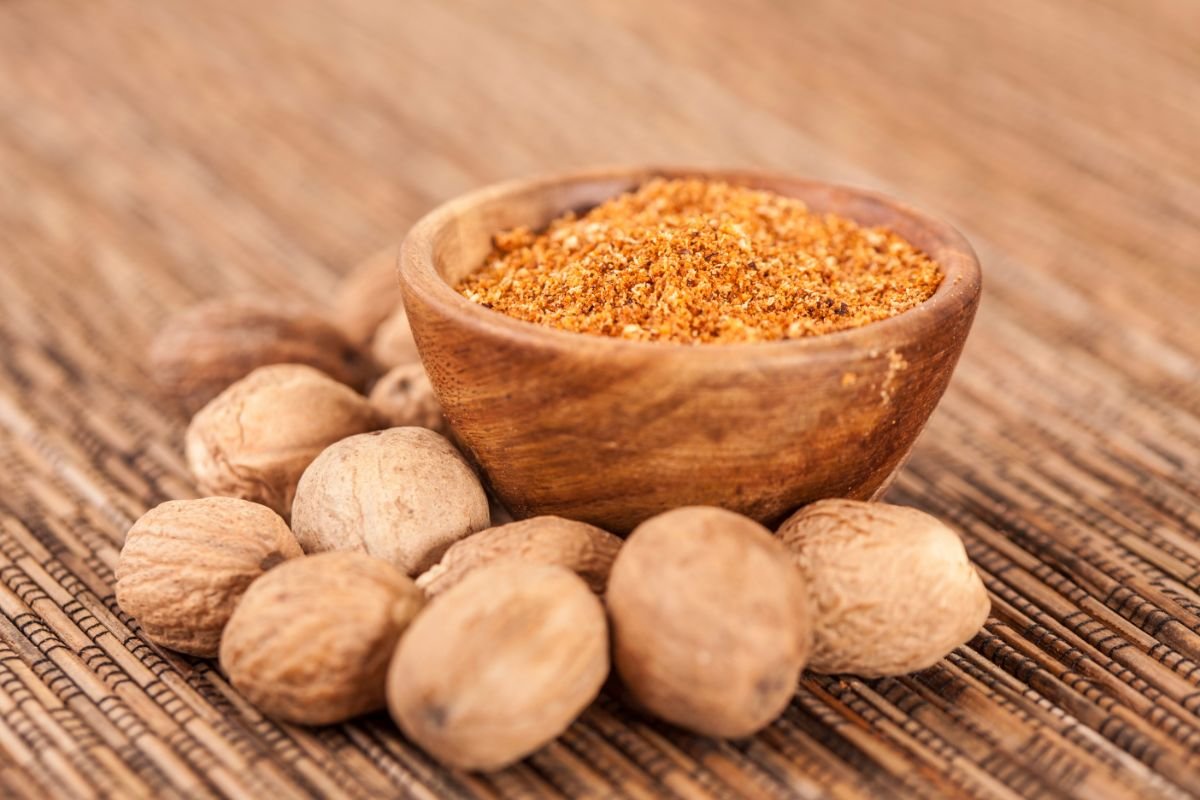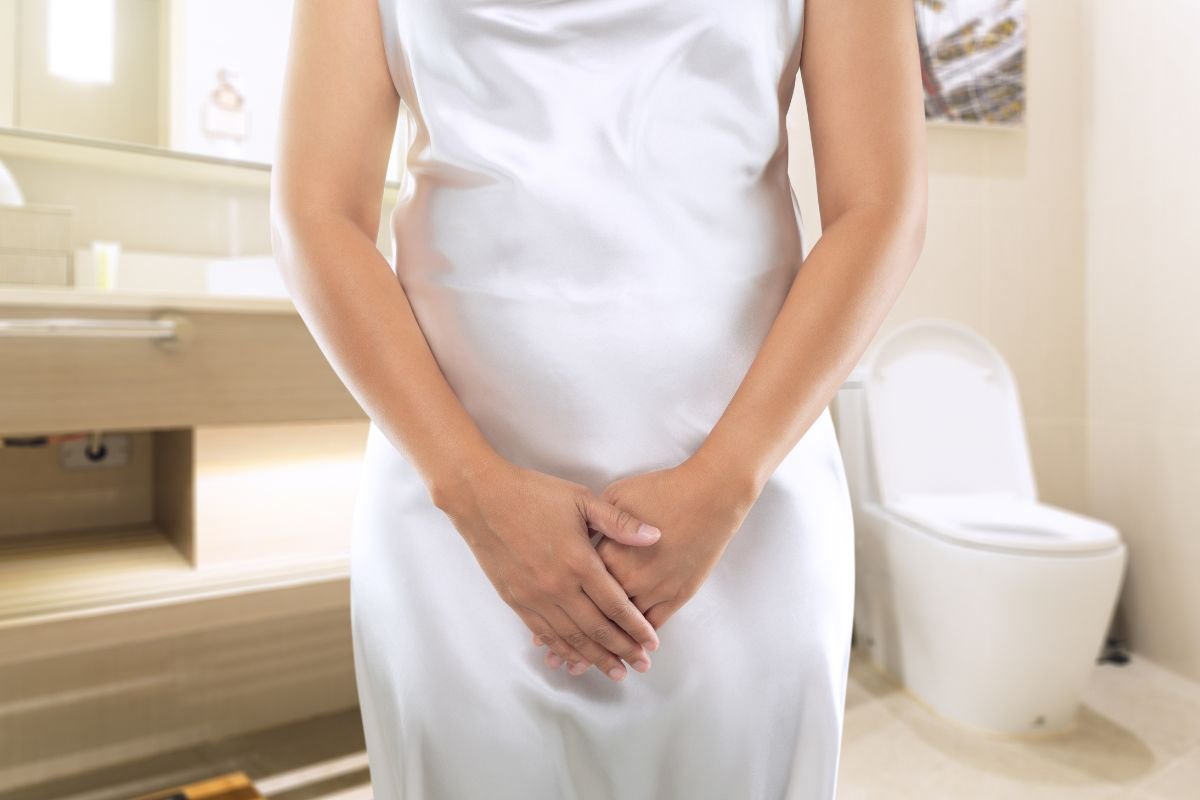You may be surprised to know that certain kinds of tea can help in reducing the symptoms, as well as help get rid of yeast infections altogether, alongside medication.
Fortunately, there are many natural remedies available for those suffering from yeast infections, and tea has become popular for overall vaginal and immune system health.

Tea not only offers many health benefits, but it may also be effective at fighting off yeast infections.
Whether you’re looking for something to drink every day to reduce your risk of getting a yeast infection again or want an extra boost alongside traditional treatments, tea might offer the perfect solution.
So, get stuck in below to find out about the best tea options available to you for helping with symptoms.
What Is A Yeast Infection?
Vaginal yeast infections are a very common and uncomfortable condition caused by an overgrowth of the fungus Candida albicans.
Symptoms of a yeast infection can include itching, burning, redness, and swelling in the affected area, as well as a thick white discharge that may have a cottage cheese-like consistency.
These symptoms can be quite uncomfortable and often disrupt daily activities.
What Usually Causes Yeast Infections?
A vaginal yeast infection is usually caused by an extreme overgrowth of yeast in the area. This can be due to a variety of factors, such as hormonal changes whilst pregnant, breastfeeding, or menopause, which can disrupt the PH balance in the vagina.
Additionally, sexual contact with someone who has a yeast infection can cause it to spread. The friction that occurs during intercourse can also change the bacterial balance and make it more susceptible to yeast growth.
What Tea Can Help Treat A Yeast Infection?
Chamomile
Chamomile is a popular herbal tea that has been used for centuries to reduce stress and improve overall health.
For those who suffer from period pain, chamomile tea can be an effective remedy. Its anti-inflammatory properties help to reduce discomfort and make periods more bearable.
This is why it may help symptoms of most yeast infections to either be milder, or it can help ease the symptoms as you take medication alongside it.
Ginger
Ginger tea is a great way to get the benefits of this powerful root. It has many medical properties that can help with a variety of ailments. For instance, it can be used to help relieve morning sickness, motion sickness, and nausea.
Ginger tea also has antifungal properties that are beneficial for oral health and muscle contractions associated with period cramps.
Furthermore, its ability to keep your gut healthy helps ward off bad bacteria that could lead to yeast infections or bacterial vaginosis. All these benefits make ginger tea an excellent choice for anyone looking for natural remedies for their health concerns.
Green Tea
Green tea is one of the most popular and healthiest teas on the planet. It has a wide range of benefits, from helping to protect your system from cancer to reducing bodily inflammation.
Studies have even shown that drinking green tea can improve vaginal health by increasing lubrication and decreasing dryness.
This makes it an ideal choice for women who want to keep their vaginas healthy and happy! So if you’re looking for a delicious way to stay healthy, look no further than green tea!
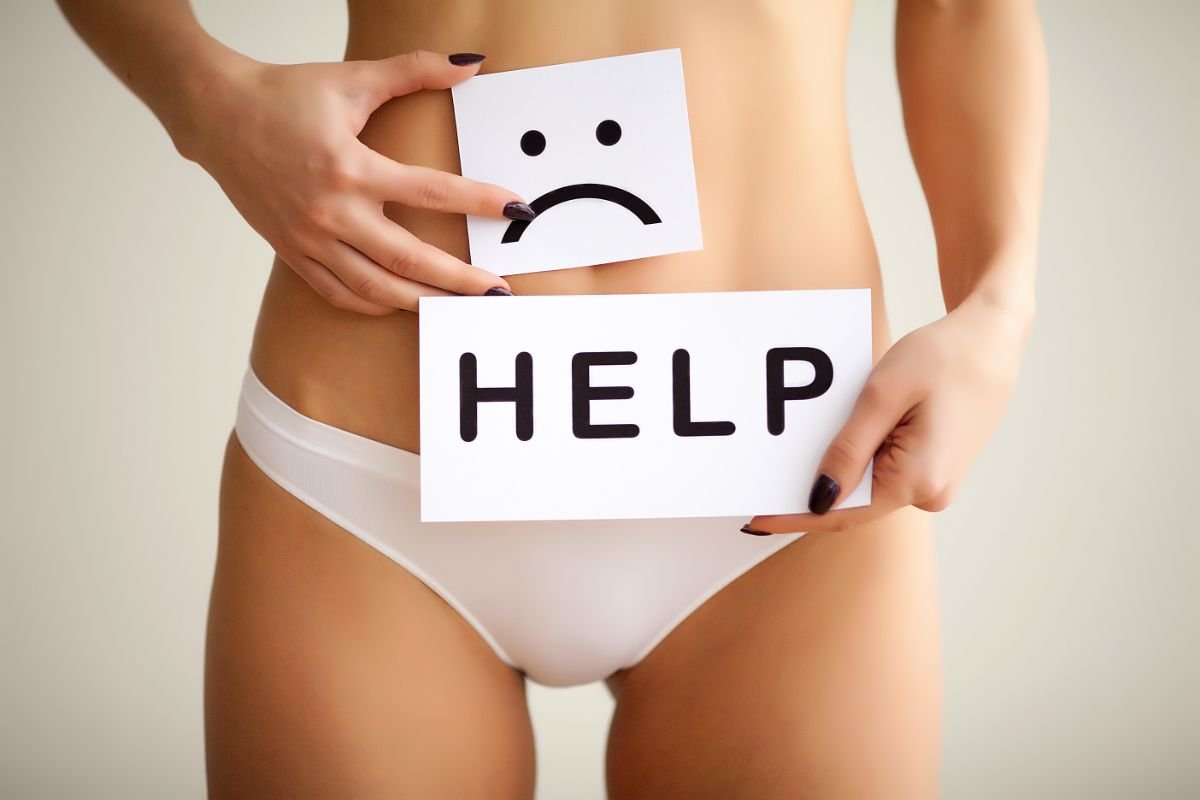
What Are Some Alternative Home Remedies For Yeast Infections?
One of the most effective home remedies is chamomile sitz baths. These baths contain antifungal properties, which can help to reduce inflammation and fight off the infection.
Additionally, consuming foods with natural probiotics such as yogurt, natural prebiotics such as whole grains, and natural anti-inflammatories such as fresh vegetables and fruit can help keep your intestinal flora balance maintained and strengthen the immune system.
This helps to prevent future yeast infections from occurring.
It is important to note that these home remedies should be used with prescribed medications for best results.
What Can Happen If A Yeast Infection Goes Untreated?
If a yeast infection is left untreated, it can cause serious health complications. The infection may go away on its own, but it is likely to return and could be worse than before.
Yeast infections can spread to other parts of the body if not treated, leading to more severe symptoms such as pain and itching in the genital area.
Untreated yeast infections can also increase the risk of developing other types of infections, such as bacterial vaginosis or urinary tract infections. These infections can cause further discomfort and may require medical treatment.
Additionally, leaving a yeast infection untreated can make it more difficult to diagnose and treat any underlying conditions that may be contributing to the infection.
Therefore, it is important for anyone experiencing symptoms of a yeast infection to seek medical attention right away in order to prevent any further complications from occurring.
Can A Yeast Infection Clear Up By Itself?
Yeast infections are caused by an overgrowth of fungus. While a mild type of yeast infection may manage to disappear on its own, it’s rare. It’s always best to treat yeast infections, despite them being mild, as leaving them untreated can lead to more serious health problems.
Treating a yeast infection involves using antifungal medications, such as creams or tablets, that are inserted into the vagina.
If yeast infections are not treated properly, they’re more likely to return. This is why it’s important to follow your doctor’s instructions for treatment and take all medications as prescribed.
Final Thoughts
Yeast infections can be uncomfortable and unpleasant, but they are usually easy to treat. While there are some home remedies that may help reduce symptoms, it is important to seek medical attention if you experience any of the signs or symptoms of a yeast infection.
Additionally, it is important to follow your doctor’s instructions for treatment and take all medications as prescribed in order to prevent any further complications from occurring.
- Yeast Infection Vs Herpes - January 26, 2023
- How Long To Wait For Sex After Yeast Infection Treatment - January 26, 2023
- Yeast Infection Vs STD - January 26, 2023


